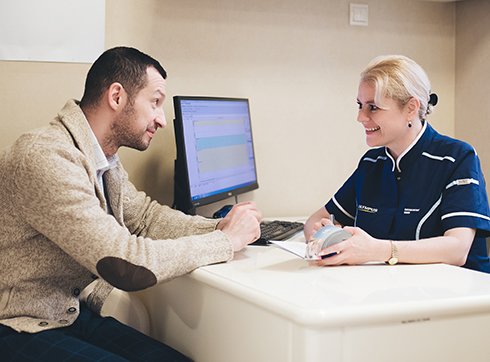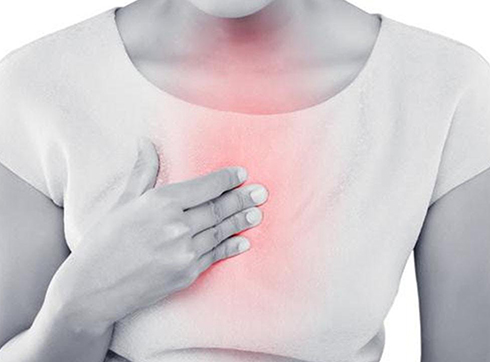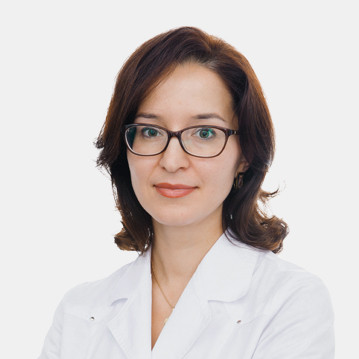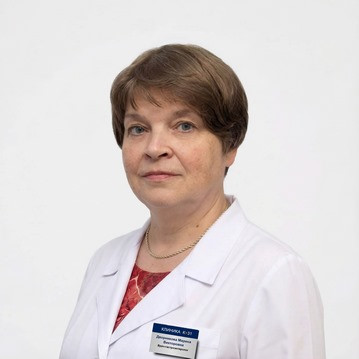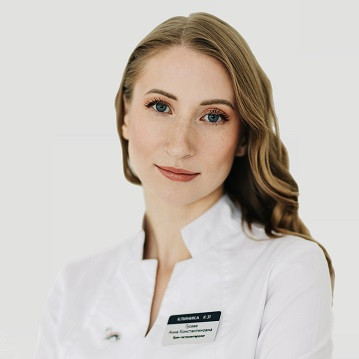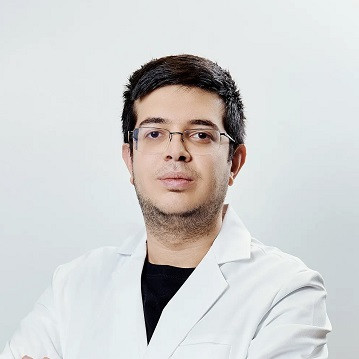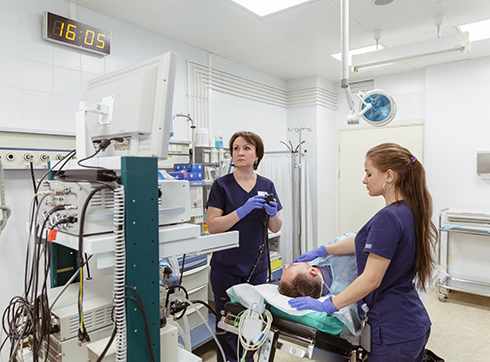
Diagnostics
In our clinic you can undergo a comprehensive examination, according to the results of which doctors will develop an individual treatment regimen.
Diagnosis of gastritis includes:
- collection of medical history;
- palpation of the abdomen;
- clinical and biochemical blood analysis;
- studies of the secretory function of the stomach;
- if necessary, the appointment of a gastroscopy with a biopsy fence;
- X-ray examination;
- if necessary - consultation of related specialists.
The treatment in our clinic is based on the use of medicines. In addition, our experts give recommendations on which diet to follow in your case. Dieting is an important addition to drug therapy, without which complete recovery is not possible.
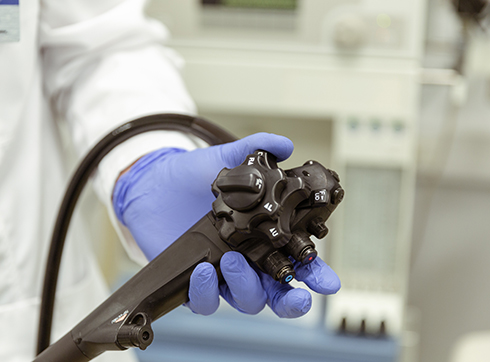
Chronic gastritis
Chronic gastritis is a chronic inflammation of the gastric mucosa. A number of factors contribute to the development of the disease:
- eating spicy, fatty, hot, and also too cold foods;
- violation of diet;
- food allergies;
- alcohol abuse;
- smoking;
- prolonged use of a number of drugs;
- metabolic disease;
- diseases of the organs of internal secretion;
- infectious diseases;
- occupational hazards.
Helicobacter pylori infection is of global importance in the development of chronic gastritis (gastroduodenitis). This is a spiral gram-negative bacillus, which colonizes the gastric mucosa and is the causative agent of the most common form of gastritis. It is widely distributed throughout the world. According to epidemiological data, about 80% of the adult population is infected in Russia.
Gastritis caused by this infection is the most common variant of gastritis. The presence of H. Pylori and the disease caused by it does not show a specific clinical picture. As a rule, patients' complaints are symptoms of dyspepsia, which become the reason for going to the doctor. This is usually: belching, aching or burning pain in the stomach, lack of appetite, nausea, weight loss.
If the patient has complaints of pain and discomfort in the epigastrium, and ulceration with endoscopy is not detected, then the specialist usually diagnoses PD (functional dyspepsia).
In most patients, chronic gastritis proceeds without symptoms; in some patients, peptic ulcer develops. In others, the progression of gastritis becomes the cause of the development of precancerous disease and the further development of stomach cancer. The disease is morphologically characterized by an inflammatory process, atrophy and impaired regeneration of the gastric mucosa.
In our clinic, we offer you to undergo a comprehensive examination, according to the results of which doctors will develop an individual treatment regimen.
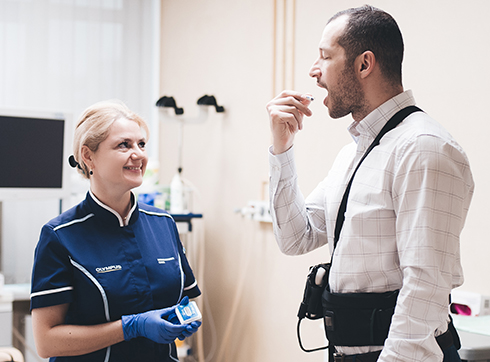
Diagnosis of chronic gastritis includes:
- history taking;
- palpation of the abdomen;
- clinical and biochemical blood analysis;
- urease test;
- immunological blood test for the determination of antibodies to H. pylori
- study of the secretory function of the stomach;
- gastroscopy with biopsy fence on N. Pylori;
- X-ray examination;
- if necessary - consultation of related specialists.
As with the acute form of gastritis, the treatment of chronic gastritis in our clinic is based on the use of medicines.
In addition to it, experts give recommendations on which diet to follow in your case. Dieting is an important addition to drug therapy, without which complete recovery is not possible.
